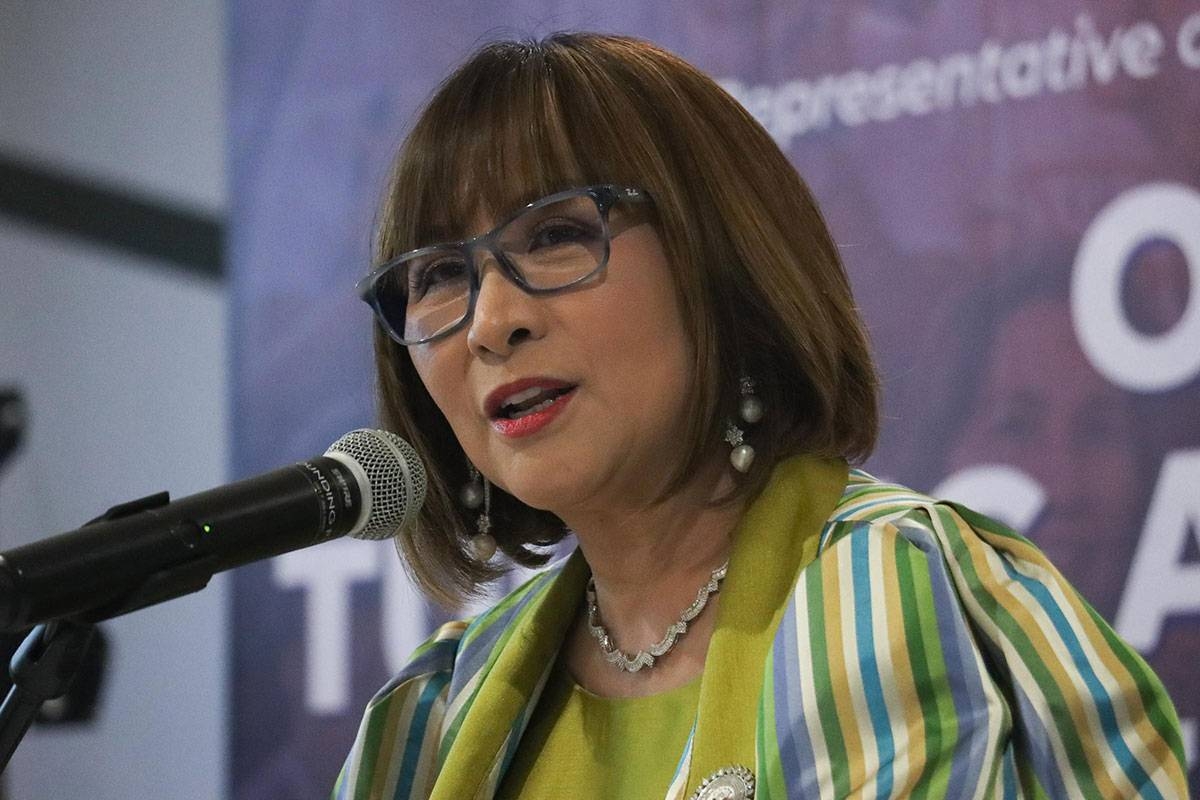A bill aimed at safeguarding children from cyberbullying has recently been filed in the House of Representatives. House Bill 9711 was introduced on December 11 and has since been referred to the House Committee on Welfare of Children.
Representative Marissa “Del Mar” Magsino of the OFW Party-list highlighted the detrimental effects of bullying on children, emphasizing that cyberbullying can be particularly damaging. Unlike traditional bullying, which often occurs within the confines of schools and involves known individuals, cyberbullying can happen anytime and by anonymous sources. This anonymity makes it more relentless and ruthless, and it is especially challenging for children to seek help or report such incidents.
Magsino stressed the need for the government to prioritize online safety and protect Filipino children from cyberbullying. As the youth belong to a digital generation where the world is literally at their fingertips, navigating the digital landscape has become increasingly difficult due to hate speech and cyberbullying.
The bill aims to specifically prohibit and penalize acts of cyberbullying directed against vulnerable children and address the destructive effects it can have on their lives. It defines cyberbullying as “an aggressive, intentional act or behavior carried out by an individual or a group through the use of digital technologies and electronic devices on social media and other messaging platforms.” This includes sending, sharing, or posting harmful, false, mean, or threatening content with the intention to scare, shame, dehumanize, anger, or embarrass the victim, thus causing psychological and emotional distress.
Section 3 of the bill outlines the acts that would be prohibited under the proposed law. These include spreading lies, sharing embarrassing and humiliating photos or videos of the child on social media, sending abusive or threatening messages, posting slanderous statements or accusations that cause emotional distress, engaging in name-calling or negative comments about the child’s appearance, personal information, or family, and impersonating the child to send false messages using fake accounts.
The bill also encompasses any act that causes damage to a child’s psychological and emotional well-being, as well as any other form of cyberbullying as defined within the legislation.
Violators of the law would face imprisonment or a fine of at least P200,000.
The introduction of this bill reflects the urgent need to address the growing issue of cyberbullying and protect children from its harmful effects. By establishing legal consequences for cyberbullying, the government aims to create a safer online environment for Filipino children.
It is crucial for parents, educators, and society as a whole to be aware of the signs of cyberbullying and take appropriate measures to prevent and address it. Encouraging open communication with children about their online experiences and providing them with the necessary tools to navigate the digital world safely can make a significant difference.
Furthermore, fostering a culture of respect and empathy both online and offline is essential in combating cyberbullying. By promoting kindness and understanding, we can create a supportive environment that discourages such harmful behavior.
Ultimately, protecting children from cyberbullying requires a collective effort. Legislation, combined with education and awareness, can help ensure the well-being and safety of our children in the digital age.







